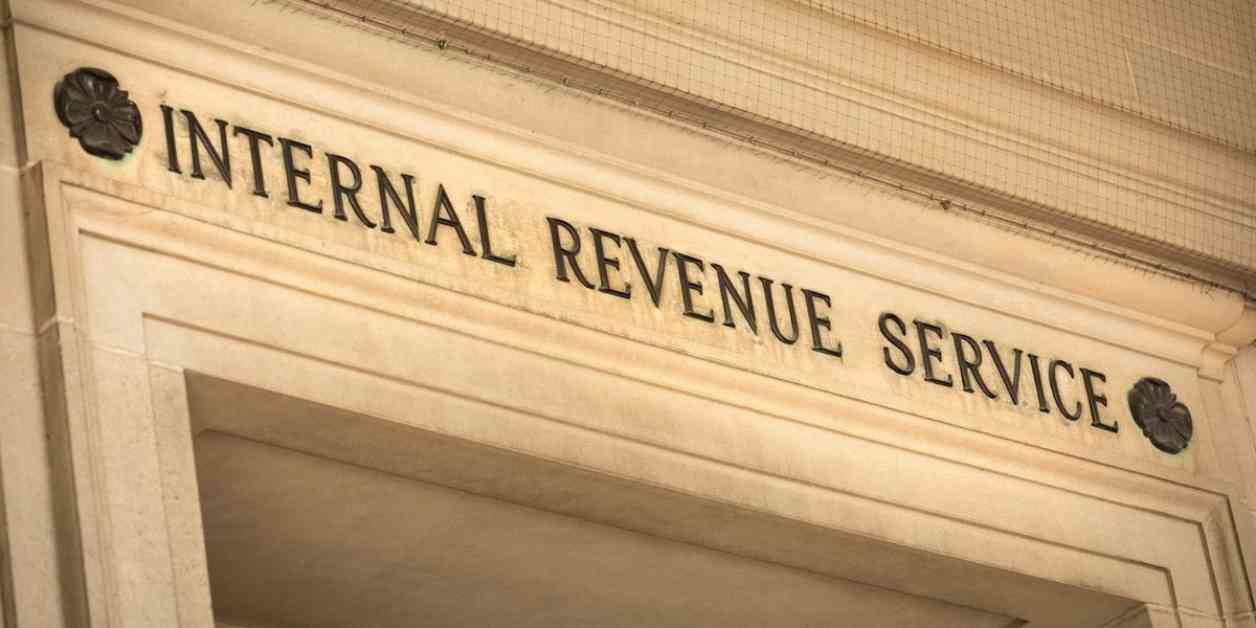The U.S. Internal Revenue Service (IRS) has recently unveiled a new tax form specifically designed for crypto investors who utilize brokerage accounts. This updated form, known as the 1099-DA, aims to simplify the process of reporting proceeds from certain crypto transactions for tax purposes.
One of the key changes in this new version of the 1099-DA is the removal of certain fields that raised privacy concerns in the initial draft. Specifically, the spaces for investors to input their wallet addresses and transaction IDs have been eliminated. Additionally, the requirement to include the time of transactions has been replaced with just the date, making the form more straightforward.
Furthermore, the updated form no longer includes a section for filers to identify the type of broker they are using. This change helps to streamline the reporting process and reduce the burden on taxpayers. According to crypto lawyer Drew Hinkes, this new version of the form is significantly improved and requires less data reporting compared to its predecessor.
The release of the 1099-DA comes on the heels of the IRS finalizing regulations for crypto broker reporting requirements. While centralized exchanges like Coinbase and Kraken are currently covered under these regulations, the IRS has indicated that rules for decentralized and non-custodial brokers will be addressed in separate regulations later this year.
IRS officials have expressed confidence that the new Form 1099-DA will facilitate compliance with tax obligations related to digital assets. They believe that the form will provide clarity and ease for taxpayers navigating the complexities of the crypto space. The IRS Office of Digital Asset Initiative Directors, Raj Mukherjee and Seth Wilks, emphasized that this new form will be instrumental in reporting digital asset gains and losses starting in the 2025 tax year.
To gather feedback and input from the public, the IRS has opened a 30-day comment period for the proposed 1099-DA. This opportunity allows stakeholders in the crypto industry to voice their thoughts and suggestions on how the form can be further improved to better serve taxpayers. Overall, the release of the new tax form signals a step forward in digital asset information reporting and aims to enhance the tax reporting process for crypto investors.

















